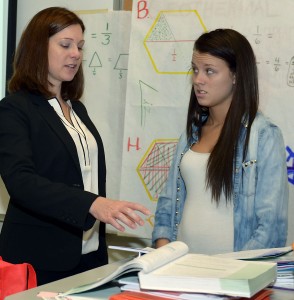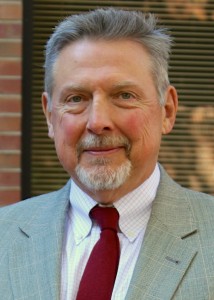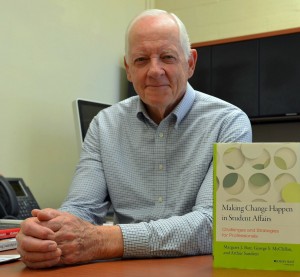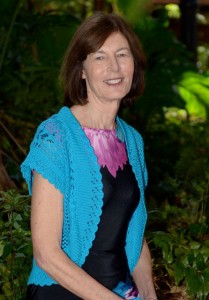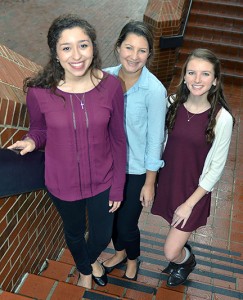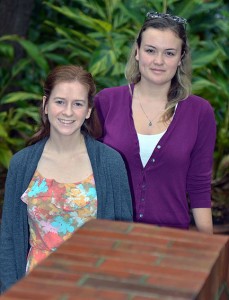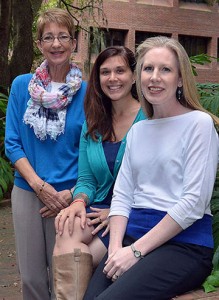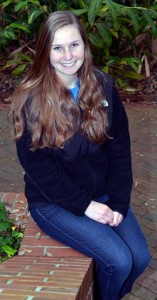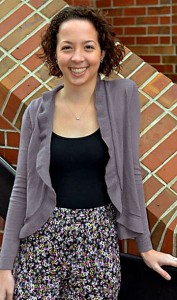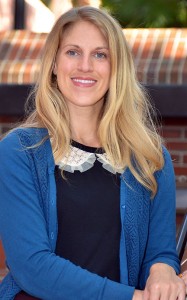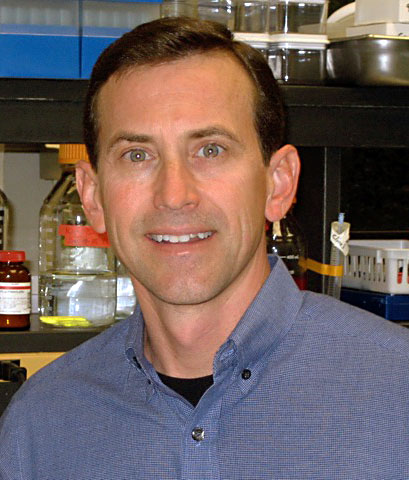labellebrittany
https://education.ufl.edu/news/files/2019/07/News-1-300x65.png
labellebrittany2018-05-09 15:38:242019-09-17 15:13:53Higher Ed assistant professor gets UF excellence award
labellebrittany
https://education.ufl.edu/news/files/2019/07/News-1-300x65.png
labellebrittany2018-04-13 19:14:272019-09-17 15:13:58Acclaimed study adds new dimension to college chemistry instruction
labellebrittany
https://education.ufl.edu/news/files/2019/07/News-1-300x65.png
labellebrittany2018-04-12 21:00:582019-08-06 13:58:31AERA honors UF Special Ed professor for impactful research
labellebrittany
https://education.ufl.edu/news/files/2019/07/News-1-300x65.png
labellebrittany2018-03-22 00:13:232019-08-06 13:59:15Paying It Forward
https://education.ufl.edu/news/files/2019/07/News-1-300x65.png
0
0
labellebrittany
https://education.ufl.edu/news/files/2019/07/News-1-300x65.png
labellebrittany2018-02-09 00:01:272019-08-06 14:01:00UF scholar doubles up on national honors for advancing learning disabilities field
https://education.ufl.edu/news/files/2019/07/News-1-300x65.png
0
0
https://education.ufl.edu/news/files/2019/07/News-1-300x65.png
2017-06-23 19:06:332019-08-06 14:09:55He will be missed: Professor Emeritus John Newell dies at 91
katelynvogt
https://education.ufl.edu/news/files/2019/07/News-1-300x65.png
katelynvogt2017-06-09 19:04:412019-09-16 16:10:27Counselor Ed. professor doubles up on national laurels
labellebrittany
https://education.ufl.edu/news/files/2019/07/News-1-300x65.png
labellebrittany2017-06-05 14:57:052019-08-06 14:11:53World’s largest education research group honors UF grad school dean
labellebrittany
https://education.ufl.edu/news/files/2019/07/News-1-300x65.png
labellebrittany2017-05-31 14:46:242019-08-06 14:12:19High Demand Mentor: Buffy Bondy
labellebrittany
https://education.ufl.edu/news/files/2019/07/News-1-300x65.png
labellebrittany2017-05-24 14:32:032019-08-06 14:14:10Special Education Scholar Receives Excellence Award
https://education.ufl.edu/news/files/2019/07/News-1-300x65.png
0
0
labellebrittany
https://education.ufl.edu/news/files/2019/07/News-1-300x65.png
labellebrittany2017-05-24 14:29:002019-08-06 14:13:00April showers research laurels on Ed Tech PhD students
https://education.ufl.edu/news/files/2019/07/News-1-300x65.png
0
0
labellebrittany
https://education.ufl.edu/news/files/2019/07/News-1-300x65.png
labellebrittany2017-03-23 15:39:532019-08-06 14:05:47Counselor Ed Scholars Win Intl. Awards for Research, Practice and Communications
https://education.ufl.edu/news/files/2019/07/News-1-300x65.png
0
0
https://education.ufl.edu/news/files/2019/07/News-1-300x65.png
2016-12-01 12:07:062016-12-01 12:39:04Learning Gains from our Brains
https://education.ufl.edu/news/files/2019/07/News-1-300x65.png
0
0
https://education.ufl.edu/news/files/2019/07/News-1-300x65.png
2016-11-18 10:50:022016-12-12 21:22:39Counselor Ed. volunteers reflect on Orlando Pulse nightclub tragedy
https://education.ufl.edu/news/files/2019/07/News-1-300x65.png
0
0
https://education.ufl.edu/news/files/2019/07/News-1-300x65.png
2016-09-12 11:01:112016-09-16 13:24:48College Welcomes New Faculty
https://education.ufl.edu/news/files/2019/07/News-1-300x65.png
0
0
https://education.ufl.edu/news/files/2019/07/News-1-300x65.png
2016-08-25 09:22:282016-08-25 09:24:16International group installs COE professor as president-elect
https://education.ufl.edu/news/files/2019/07/News-1-300x65.png
0
0
https://education.ufl.edu/news/files/2019/07/News-1-300x65.png
2016-08-22 11:54:542016-08-25 09:26:27UF Foundation selects education professor for research award
https://education.ufl.edu/news/files/2019/07/News-1-300x65.png
0
0
https://education.ufl.edu/news/files/2019/07/News-1-300x65.png
2016-08-03 16:56:392019-08-06 14:11:58School psychology professor wins second Mensa research award
https://education.ufl.edu/news/files/2019/07/News-1-300x65.png
0
0
https://education.ufl.edu/news/files/2019/07/News-1-300x65.png
2016-06-23 11:00:252016-06-23 16:13:54New school director Holly Lane embraces tradition of ‘vigorous research’
https://education.ufl.edu/news/files/2019/07/News-1-300x65.png
0
0
https://education.ufl.edu/news/files/2019/07/News-1-300x65.png
2016-05-16 13:02:272016-06-23 17:17:50Q & A with Kara Dawson on closing the 'digital divide'
https://education.ufl.edu/news/files/2019/07/News-1-300x65.png
0
0
https://education.ufl.edu/news/files/2019/07/News-1-300x65.png
2016-05-02 13:26:452016-06-23 17:38:254 P.K. Yonge teachers named among Florida’s best 'high impact teachers'
https://education.ufl.edu/news/files/2019/07/News-1-300x65.png
0
0
https://education.ufl.edu/news/files/2019/07/News-1-300x65.png
2016-04-26 13:01:082016-04-27 13:05:32UF honors ed. finance faculty scholar for doctoral mentoring
https://education.ufl.edu/news/files/2019/07/News-1-300x65.png
0
0
https://education.ufl.edu/news/files/2019/07/News-1-300x65.png
2016-04-15 12:19:172016-04-28 11:01:16Anita Zucker Center co-director honored for leadership, impact on behavioral disorders
https://education.ufl.edu/news/files/2019/07/News-1-300x65.png
0
0
https://education.ufl.edu/news/files/2019/07/News-1-300x65.png
2016-03-21 13:49:402016-03-21 13:49:40UF recognizes COE's Kumar for superior mentoring
https://education.ufl.edu/news/files/2019/07/News-1-300x65.png
0
0
https://education.ufl.edu/news/files/2019/07/News-1-300x65.png
2016-02-08 12:47:182016-02-08 12:47:18Ed. tech's Ritzhaupt named distinguished alumnus by alma mater
https://education.ufl.edu/news/files/2019/07/News-1-300x65.png
0
0
https://education.ufl.edu/news/files/2019/07/News-1-300x65.png
2016-01-21 12:07:182016-01-21 13:43:12International group recognizes UF professor as year's outstanding science teacher educator
https://education.ufl.edu/news/files/2019/07/News-1-300x65.png
0
0
https://education.ufl.edu/news/files/2019/07/News-1-300x65.png
2016-01-13 10:23:412016-06-13 13:46:44Associate Dean Adams honored for outstanding mentoring of minority PhD students
https://education.ufl.edu/news/files/2019/07/News-1-300x65.png
0
0
https://education.ufl.edu/news/files/2019/07/News-1-300x65.png
2015-12-16 16:16:382015-12-16 16:21:50FSU honors UF's inquiry scholar Nancy Dana with distinguished alumni award
https://education.ufl.edu/news/files/2019/07/News-1-300x65.png
0
0
https://education.ufl.edu/news/files/2019/07/News-1-300x65.png
2015-12-08 10:48:562015-12-16 14:22:57Leite and Collier win best paper award
https://education.ufl.edu/news/files/2019/07/News-1-300x65.png
0
0
https://education.ufl.edu/news/files/2019/07/News-1-300x65.png
2015-11-23 10:15:062015-11-23 16:20:55College of Education scholars named Global Fellows
https://education.ufl.edu/news/files/2019/07/News-1-300x65.png
0
0
https://education.ufl.edu/news/files/2019/07/News-1-300x65.png
2015-11-09 11:20:512015-11-13 12:25:24Pop some popcorn and ease into Sevan Terzian's new book on American education in popular media
https://education.ufl.edu/news/files/2019/07/News-1-300x65.png
0
0
https://education.ufl.edu/news/files/2019/07/News-1-300x65.png
2015-10-21 17:59:112015-10-21 17:59:11Welcome New Faculty Members
https://education.ufl.edu/news/files/2019/07/News-1-300x65.png
0
0
https://education.ufl.edu/news/files/2019/07/News-1-300x65.png
2015-09-30 12:50:202015-10-01 12:05:03National group honors UF education leader for helping low-income students get to college and succeed
https://education.ufl.edu/news/files/2019/07/News-1-300x65.png
0
0
https://education.ufl.edu/news/files/2019/07/News-1-300x65.png
2015-09-17 13:01:592015-10-09 12:07:53UF Research Foundation recognizes education scholar with elite professorship
https://education.ufl.edu/news/files/2015/07/Sindelar8.jpg
494
1334
https://education.ufl.edu/news/files/2019/07/News-1-300x65.png
2015-07-07 11:18:232015-12-17 10:52:23Paul Sindelar joins select group as UF Distinguished Professor
https://education.ufl.edu/news/files/2019/07/News-1-300x65.png
0
0
https://education.ufl.edu/news/files/2019/07/News-1-300x65.png
2015-06-19 13:05:072015-07-07 11:22:27Laughter, accolades highlight farewell party for Harry Daniels
https://education.ufl.edu/news/files/2019/07/News-1-300x65.png
0
0
https://education.ufl.edu/news/files/2019/07/News-1-300x65.png
2015-06-16 11:41:062015-07-07 11:37:40‘Good’ news: UF leader listed among most influential education deans in U.S.
https://education.ufl.edu/news/files/2019/07/News-1-300x65.png
0
0
https://education.ufl.edu/news/files/2019/07/News-1-300x65.png
2015-04-20 16:41:232015-04-21 08:59:25College gives research team 'incentive' to create better reading assessment tool
https://education.ufl.edu/news/files/2019/07/News-1-300x65.png
0
0
https://education.ufl.edu/news/files/2019/07/News-1-300x65.png
2015-04-06 12:11:332015-04-06 12:38:38Next HDOSE director has priorities in mind for school
https://education.ufl.edu/news/files/2019/07/News-1-300x65.png
0
0
https://education.ufl.edu/news/files/2019/07/News-1-300x65.png
2015-04-01 12:50:342015-04-01 15:24:43Special Ed’s Gage recognized as rising international scholar in emerging field
https://education.ufl.edu/news/files/2019/07/News-1-300x65.png
0
0
https://education.ufl.edu/news/files/2019/07/News-1-300x65.png
2015-03-30 12:56:192015-03-30 12:54:57International group recognizes COE professor as outstanding educator in addictions counseling
https://education.ufl.edu/news/files/2019/07/News-1-300x65.png
0
0
https://education.ufl.edu/news/files/2019/07/News-1-300x65.png
2015-03-24 10:04:482015-03-24 10:04:48Service for Thomas Oakland set for March 28
https://education.ufl.edu/news/files/2019/07/News-1-300x65.png
0
0
https://education.ufl.edu/news/files/2019/07/News-1-300x65.png
2015-03-09 11:05:242015-03-16 12:35:51Kramer named co-director of Institute of Higher Education
https://education.ufl.edu/news/files/2019/07/News-1-300x65.png
0
0
https://education.ufl.edu/news/files/2019/07/News-1-300x65.png
2015-03-04 13:00:492015-03-05 10:46:57Undergraduate Teacher of Year is model for aspiring teachers
https://education.ufl.edu/news/files/2019/07/News-1-300x65.png
0
0
https://education.ufl.edu/news/files/2019/07/News-1-300x65.png
2015-03-02 12:16:392015-03-02 12:15:17Special ed. colleagues share national honor for teacher education achievements
https://education.ufl.edu/news/files/2019/07/News-1-300x65.png
0
0
https://education.ufl.edu/news/files/2019/07/News-1-300x65.png
2015-03-02 12:12:392015-03-02 14:37:49Art Sandeen, student affairs icon, publishes eighth book
https://education.ufl.edu/news/files/2019/07/News-1-300x65.png
0
0
https://education.ufl.edu/news/files/2019/07/News-1-300x65.png
2015-01-29 14:17:502015-01-30 10:54:23Professor emerita of counselor ed. named ACA Fellow
https://education.ufl.edu/news/files/2019/07/News-1-300x65.png
0
0
https://education.ufl.edu/news/files/2019/07/News-1-300x65.png
2015-01-28 14:07:102015-01-28 14:07:10UF scholars program taps 7 ProTeach students, 3 faculty mentors
https://education.ufl.edu/news/files/2019/07/News-1-300x65.png
0
0
https://education.ufl.edu/news/files/2019/07/News-1-300x65.png
2015-01-09 12:12:052015-01-09 13:03:59Benedict joins growing list of special ed. students to win prestigious CEC research award
https://education.ufl.edu/news/files/2019/07/News-1-300x65.png
0
0
https://education.ufl.edu/news/files/2019/07/News-1-300x65.png
2015-01-08 15:45:392015-01-08 15:45:39Business school taps science ed. professor as Entrepreneurship Fellow
Scroll to top

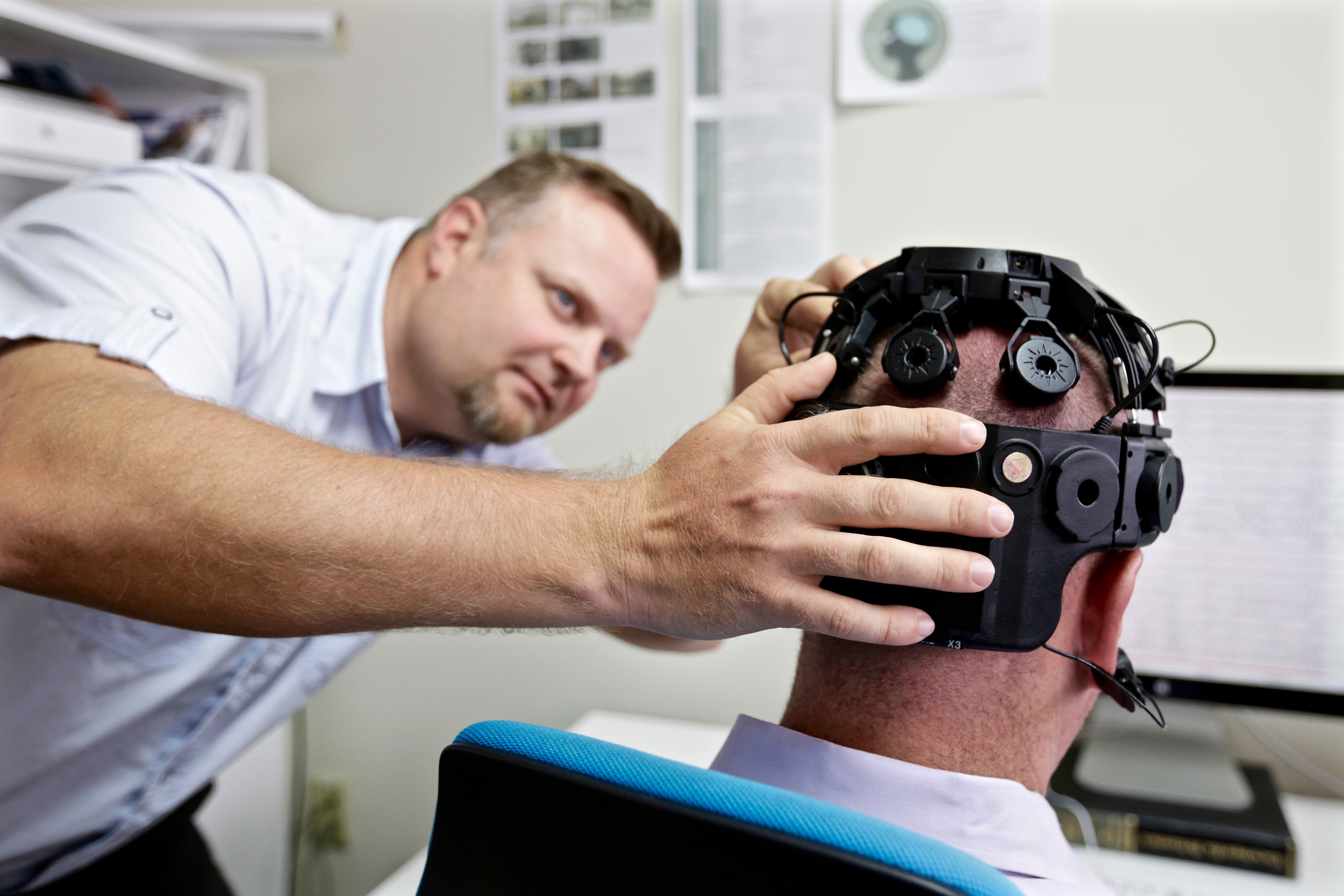
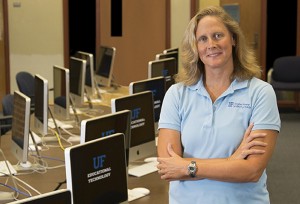
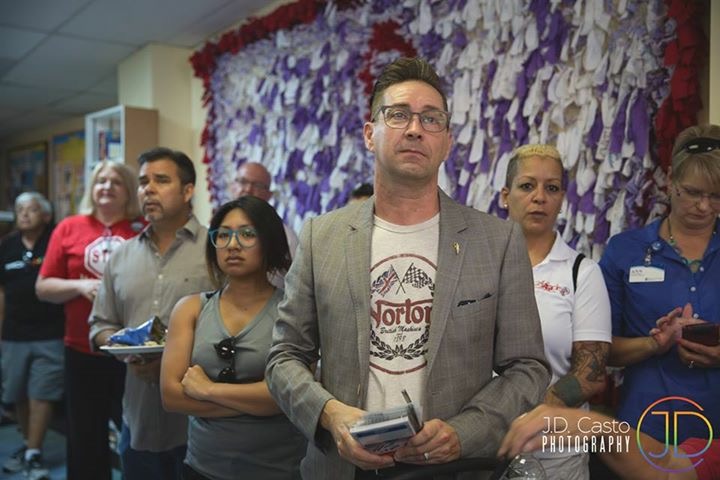

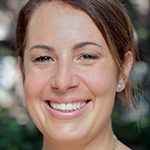
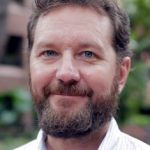
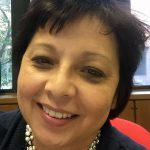

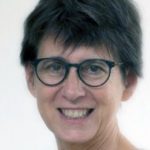
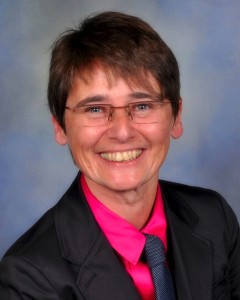 The world’s largest organization of educators committed to advancing English language teaching for non-English speaking students has installed a UF College of Education professor and school director as its president-elect.
The world’s largest organization of educators committed to advancing English language teaching for non-English speaking students has installed a UF College of Education professor and school director as its president-elect.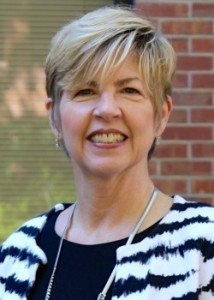
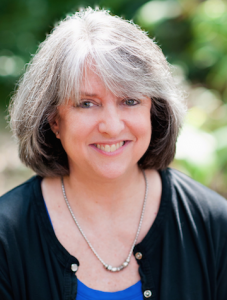
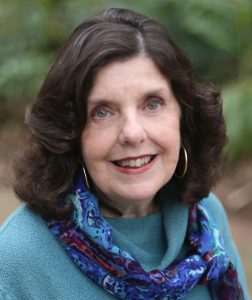
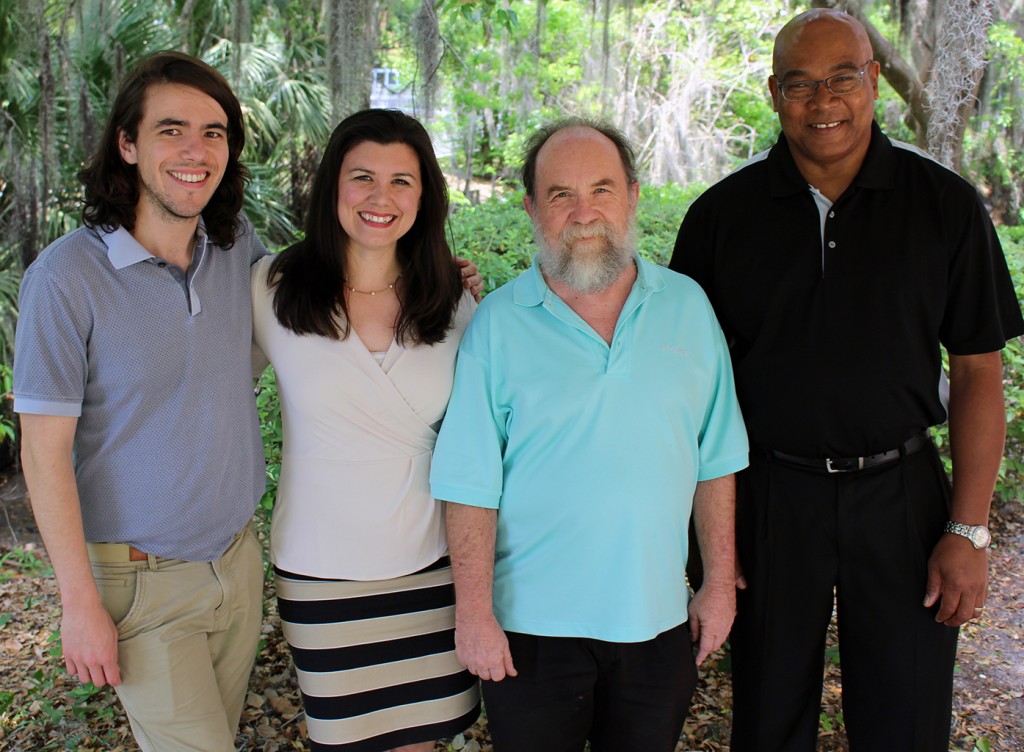

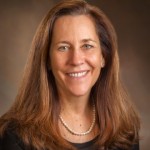
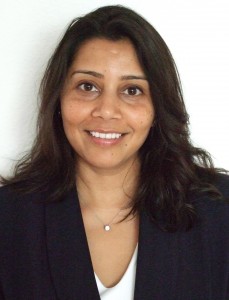
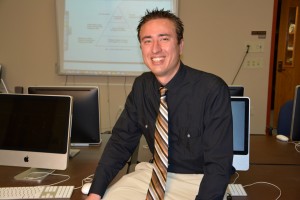
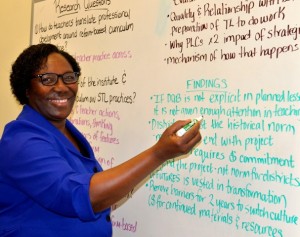
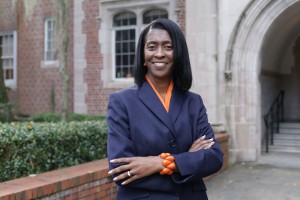
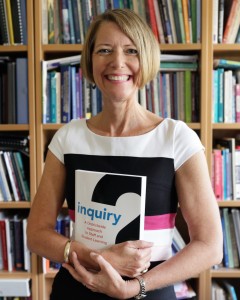


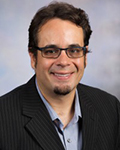
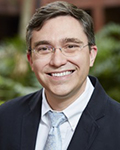
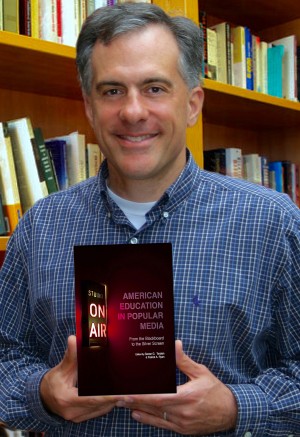
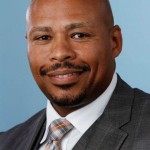

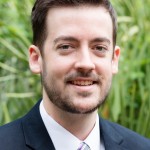
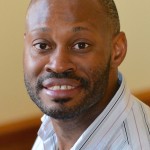
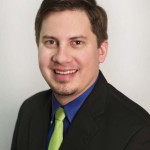
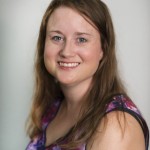
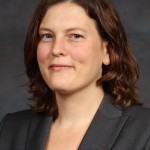
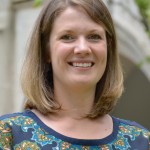
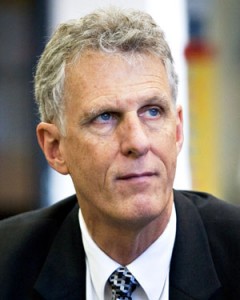
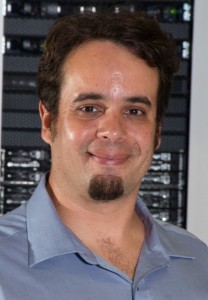
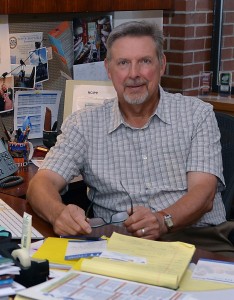
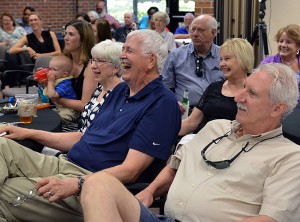
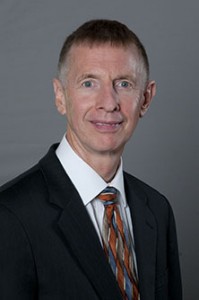
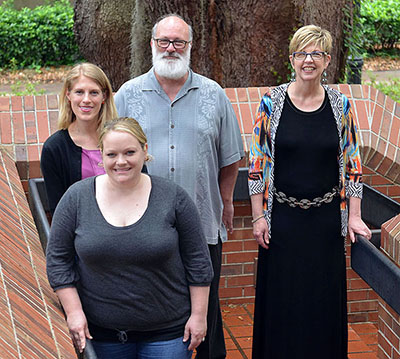
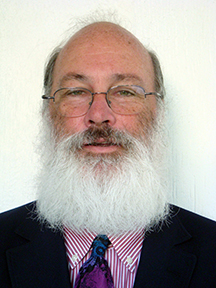
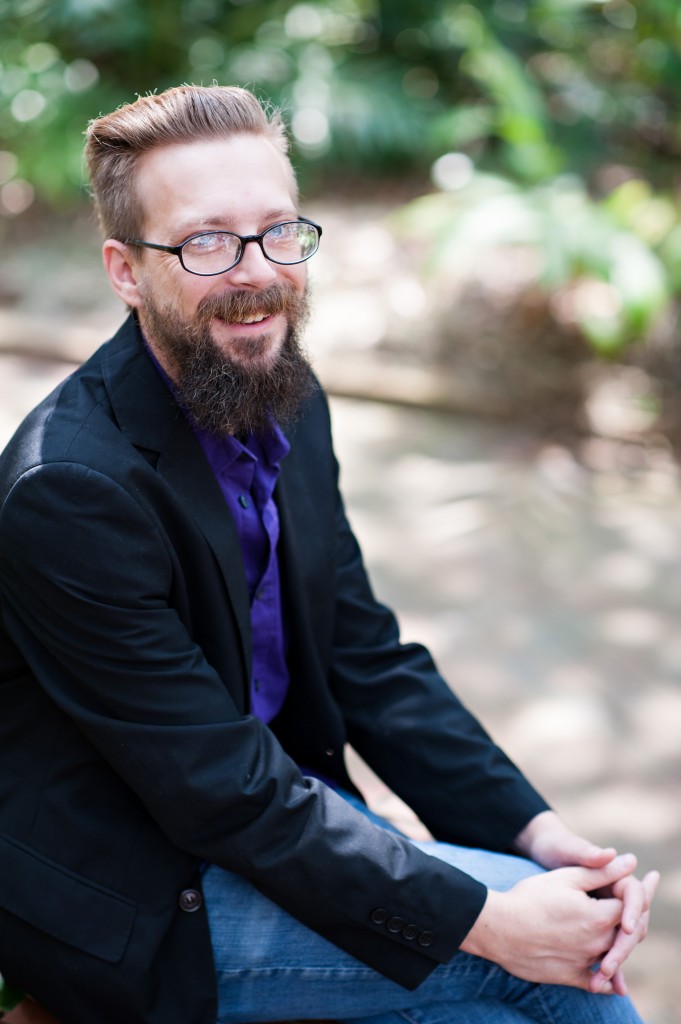
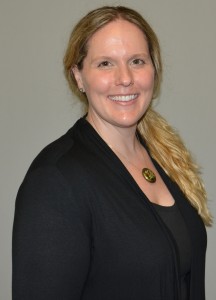
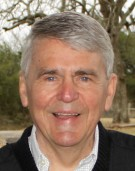
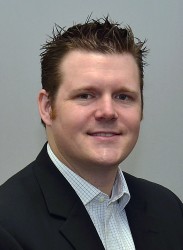
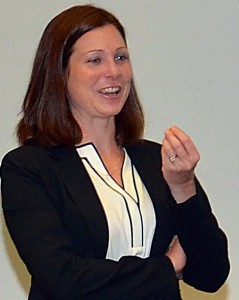 “After completing seven semesters at the University of Florida, [Dr. Apraiz] is one of the best professors I’ve ever had,” senior Paulette Santa-Parzons wrote in one of several nomination letters that helped determine the winner. “She practices what she teaches. The activities she presents in class are engaging, thought-provoking and applicable to our future classrooms.”
“After completing seven semesters at the University of Florida, [Dr. Apraiz] is one of the best professors I’ve ever had,” senior Paulette Santa-Parzons wrote in one of several nomination letters that helped determine the winner. “She practices what she teaches. The activities she presents in class are engaging, thought-provoking and applicable to our future classrooms.”